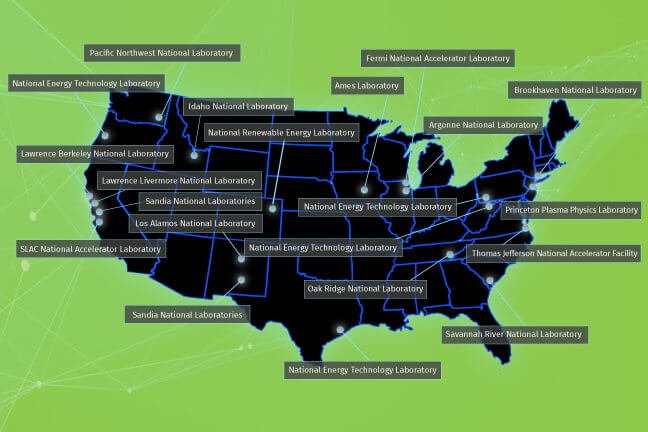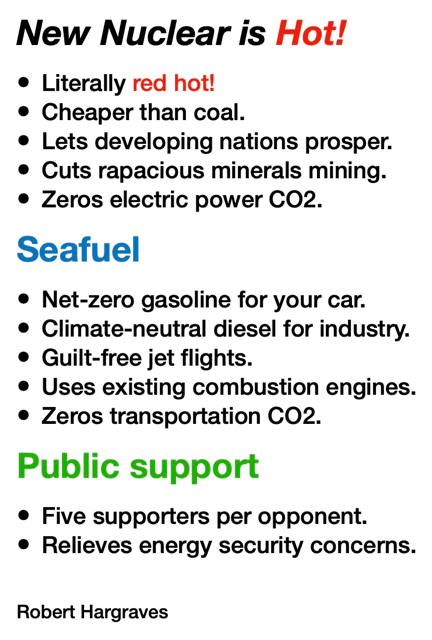As so many commencement addresses haven’t been delivered this year, I thought I would share what I would have said to graduates if I had been invited by a college or university to be a speaker.
“The first thing to know is that you are graduating at a propitious time in human history — for example, think of how artificial intelligence is enabling medical breakthroughs.
“A vast world of possibilities awaits you because you are lucky enough to be living in a liberal democracy. It happens to be America, but the same could be true of any of the democratic countries.
“Look at the world, and you will see that the countries with democracy are also prosperous places where individuals can follow their passion. Doubly or triply so in America.
“Despite all the disputes, unfairness and politics, the United States is foremost among places to live and work — where the future is especially tempting. I say this having lived and worked on three continents and traveled to more than 180 countries. Just think of the tens of millions who would live here if they could.
“In a society that is politically and commercially free, as it is in the United States, the limits we encounter are the limits we place on ourselves.
“That is what I want to tell you: Don’t fence yourself in.
“But do work always to keep that freedom, your freedom, especially now.
“Seldom mentioned, but the greatest perverters of careers, stunters of ambition and all-around enfeeblers you will contend with aren’t the government, a foreign power, shortages or market conditions, but how you manage rejection.
“Fear of rejection is, I believe, the great inhibitor. It shapes lives, hinders careers and is ever-present, from young love to scientific creation.
“The creative is always vulnerable to the forces of no, to rejection.
“No matter what you do, at some point you will face rejection — in love, in business, in work or in your own family.
“But if you want to break out of the pack and leave a mark, you must face rejection over and over again.
“Those in the fine and performing arts and writers know rejection; it is an expected but nonetheless painful part of the tradition of their craft. If you plan to be an artist of some sort or a writer, prepare to face the dragon of rejection and fight it all the days of your career.
“All other creative people face rejection. Architects, engineers and scientists face it frequently. Many great entrepreneurial ideas have faced early rejection and near defeat.
“If you want to do something better, differently or disruptively, you will face rejection.
“To deal with this world where so many are ready to say no, you must know who you are. Remember that: Know who you are.
“But you can’t know who you are until you have found out who you are.
“Your view of yourself may change over time, but I adjure you always to judge yourself by your bests, your zeniths. That is who you are. Make past success your default setting in assessing your worth when you go forth to slay the dragons of rejection.
“There are two classes of people you will encounter again and again in your lives. The yes people and the no people.
“Seek out and cherish those who say yes. Anyone can say no. The people who have changed the world, who have made it a better place, are the people who have said, ‘Yes.’ ‘Why not?’ ‘Let’s try.’
“Those are people you need in life, and that is what you should aim to be: a yes person. Think of it historically: Thomas Edison, Winston Churchill, Franklin Roosevelt, and Steve Jobs were all yes people, undaunted by frequent rejection.
“Try to be open to ideas, to different voices and to contrarian voices. That way, you will not only prosper in what you seek to do, but you will also become someone who, in turn, will help others succeed.
“You enter a world of great opportunities in the arts, sciences and technology but with attendant challenges. The obvious ones are climate, injustice, war and peace.
“Think of yourselves as engineers, working around those who reject you, building for others, and having a lot of fun doing it.
“Avoid being a no person. No is neither a building block for you nor for those who may look to you. Good luck!”









